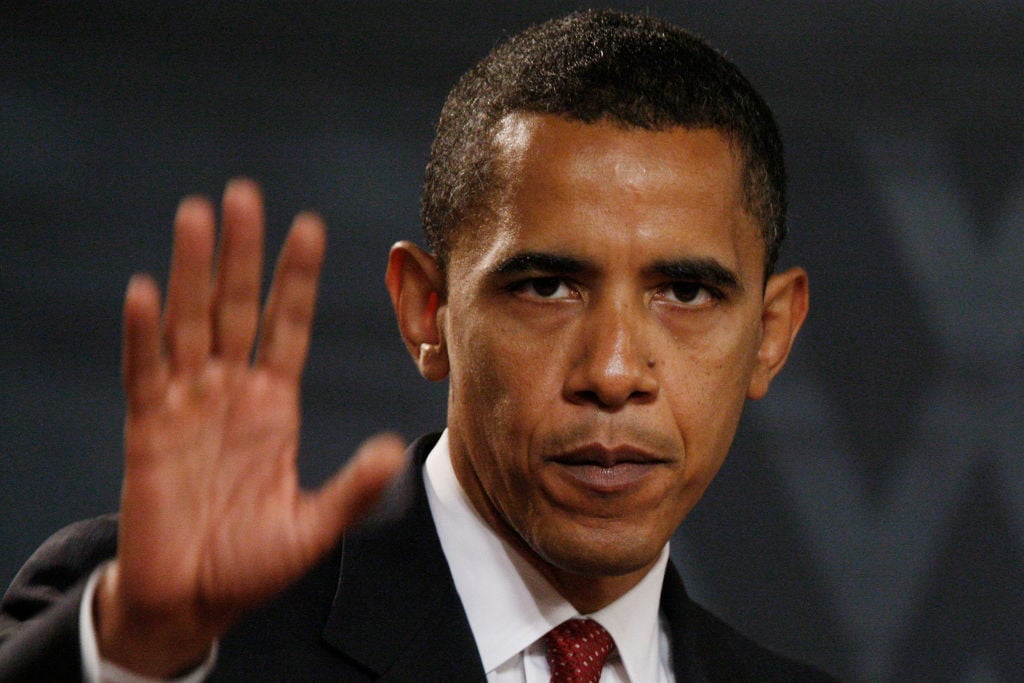Junk Explained: The US Government Shutdown
The United States government just went into shutdown. What even does that mean, though?

At 2pm AEST this afternoon, the US Federal Government shut down for the first time in 17 years, because between the President and the Congress, they couldn’t agree on a Federal funding plan. Basically the single most important job that a government has, and they couldn’t manage it between them.
“What does that mean?”, I hear you ask. Good question – allow me to explain.
What Will Happen?
800,000 government workers will be placed on involuntary unpaid leave. National Parks and National Monuments will be closed until further notice, and services such as the US Postal Service and the Department of Immigration will have to subsist on their profit-making activities, like selling stamps and issuing passports.

The country’s 1.4 million military personnel, as well as providers of essential services (such as air-traffic controllers and federal court employees) will stay at work, but paychecks will be delayed. Non-essential court operations will be postponed after about two weeks.
Why Will That Happen?
In a word? Brinkmanship.
The US currently has a Democrat President, a Republican majority House of Representatives, and a Democrat majority Senate. Congress has refused to pass the Democrat President’s 2013-14 Federal Budget without major amendments to key policies, most notably Obamacare (aka Obama’s universal health care plan). In response, the Democrats-controlled Senate has refused to even meet to discuss the amended bill, let alone pass it. The US Government financial year ends on September 30, which means that if no budget is passed by that date, the government shuts down until a resolution is reached. And yes, both sides knew this, and yes, they allowed it to happen.
Obamacare is viewed as a socialist policy, and socialism is a dirty word in US politics. Leaving aside the pros and cons of the bill, there are political points to be won by ambitious Republicans, despite the obvious short-term damage to the party’s reputation. A presidential candidate’s Congressional voting record is seen as hugely important (John Kerry’s vote in favour of the Iraq invasion and subsequent anti-war campaign won him a reputation as a ‘flip-flopper’, and lost him the 2004 Presidential election), and a vote in favour of passing a Big Government-style bill like Obamacare could prove fatal to his or her chances.
On the Democratic side of the equation, they’re peeved that Congress have torpedoed pretty much every major bill sent their way since the Republicans gained control in the 2012 elections. Obama may be a lame duck, but he is acutely aware of his place in history, and with the failure to pass gun control reform and immigration reform, his chances of inscribing a legacy-forming piece of legislation into law hinge on the success of Obamacare.
Also, he could really do with a distraction from all this NSA business. No-one wants that on their epitaph.
It All Sounds A Bit Apocalyptic
Yes, but it happens more than you’d think.
Bill Clinton oversaw a four-week shutdown in 1996, and there was little-to-no economic fallout from that. However, a budget standoff has never happened to a US as divided and as economically imperilled as this one; the knock-on economic effects could lead to a recession. Furthermore, the US government is edging perilously close to its debt ceiling (it’s widely predicted to get there by mid-October). If it hits the debt ceiling before the stand-off is resolved, the US Government will default on its loans. This would affect the US government’s credit rating, global markets, and, pretty much everything, actually.

Was There Absolutely No Way At All To Avoid This?
Oh, there were plenty — but pragmatism, compromise and basic notions of civility haven’t been especially popular in Washington for a while now.
But Won’t Everybody Hate Them Now?
Yes! But both sides are optimistic that the clusterfuck — sorry, clusterlove, can be pinned on the other side’s intransigence. And they’re right to be optimistic, to a degree – Fox News viewers will blame the Kenyan socialist Barack ‘Hussein’ Obama, while Guardian readers will blame the redneck flat-earthers of the Tea Party movement. Both sides will successfully sell their respective narratives to their respective constituencies, and the profound divisions that have paralysed political discourse will further deepen.
What will the public sector workers who will be compelled to take unpaid leave think of the stand-off? My guess is that they’ll be a little bit cheesed off.
It Just Seems So Horribly Irresponsible, Though…
It does, doesn’t it?
